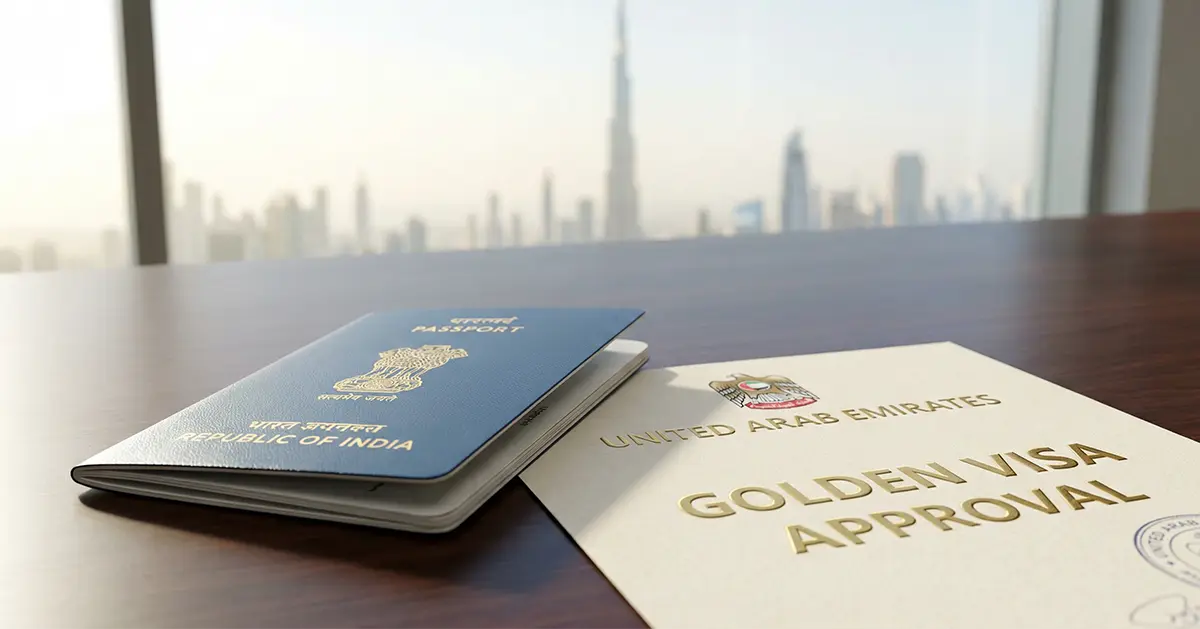
Imagine a nation where tradition meets innovation, where vast deserts coexist with towering skyscrapers, and where each region offers unique growth opportunities. Meet the 7 emirates of the UAE, a land of opportunity where modernity meets tradition and where the world comes together for business, tourism, and innovation.
The UAE is not just a business hub; it’s a gateway to the Middle East, offering Indian investors and entrepreneurs unparalleled opportunities to thrive.
Did you know that in 2025 alone, over 22,000 new Indian firms registered in the UAE? That’s a testament to the growing business ties between India and the UAE. In fact, the country hosts over 4.3 million Indians, making them the largest expatriate community, fueling billions in trade each year. With its diverse economic landscape, understanding the 7 emirates of the UAE is crucial for Indian business owners who want to expand or invest.
From opportunities for Company Registration in Dubai to exploring cost-effective industrial zones in Ras Al Khaimah, every emirate offers its own unique advantages.
Profiles of the 7 Emirates of the UAE
Each of the 7 emirates of the UAE offers unique economic and cultural opportunities, making them ideal destinations for investors, tourists, and business owners. Whether you want to set up a business in UAE or explore new markets, understanding each emirate’s unique characteristics helps you make the right choice.
Let’s dive into the profiles of the 7 emirates of the UAE, highlighting their strengths and what they offer to both local and international businesses.
1. Abu Dhabi: The Capital and Largest Emirate
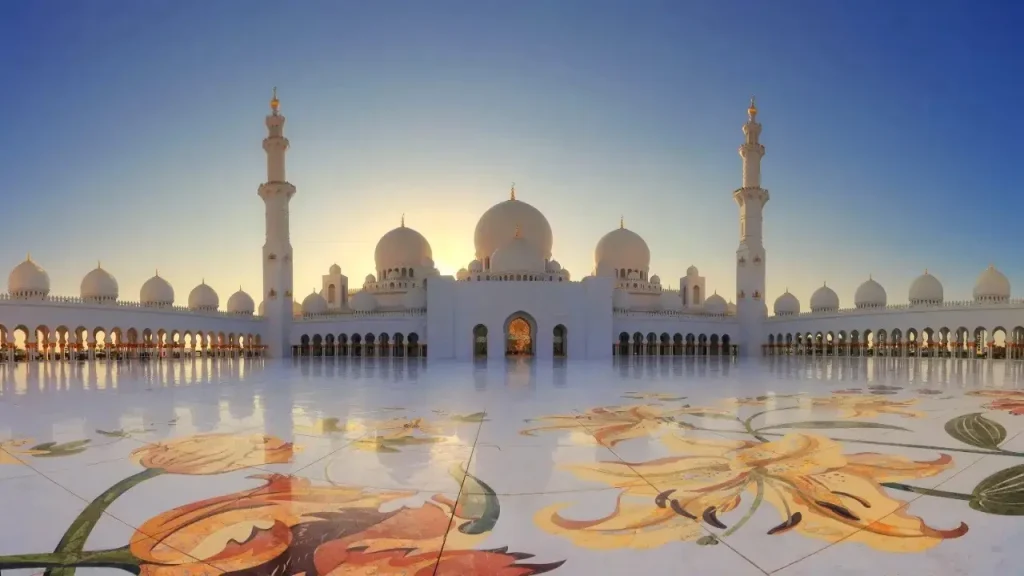
Abu Dhabi is the capital and largest emirate, making up over 80% of the UAE’s land area. It holds the majority of the nation’s oil reserves, ensuring strong economic stability. The government focuses on diversifying the economy, with investments in renewable energy, culture, and tourism. Key landmarks like the Sheikh Zayed Grand Mosque and Louvre Abu Dhabi attract millions of visitors each year.
Indian businesses in sectors like construction, healthcare, and energy thrive here due to government spending. Business setup in Abu Dhabi also offers a high quality of life with its family-friendly communities and world-class educational institutions.
2. Dubai: The Commercial and Tourism Hub
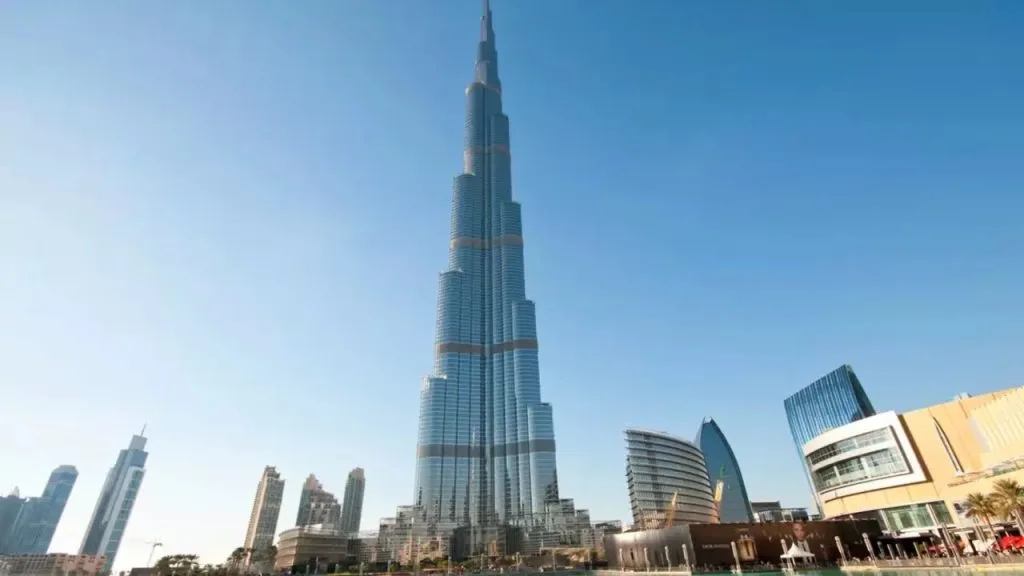
Dubai is known for its towering buildings, vibrant lifestyle, and booming economy. The emirate thrives on trade, tourism, real estate, and finance, and it’s one of the world’s most connected commercial hubs. Dubai’s iconic landmarks, like the Burj Khalifa and Palm Jumeirah, reflect the city’s ambition and vision for the future.
Indian entrepreneurs find Dubai’s business environment highly welcoming. With numerous free zones, businesses can easily set up and benefit from tax exemptions and 100% ownership. For example, business setup in Dubai Free Zone provides a streamlined process for entrepreneurs in industries like retail, technology, and finance. The city’s cosmopolitan lifestyle and diverse expat community further enhance its appeal, offering a high quality of living.
Dubai remains a leading hub with top profitable business opportunities, from high-tech sectors to thriving tourism ventures.
3. Sharjah: The Cultural Capital of the Arab World
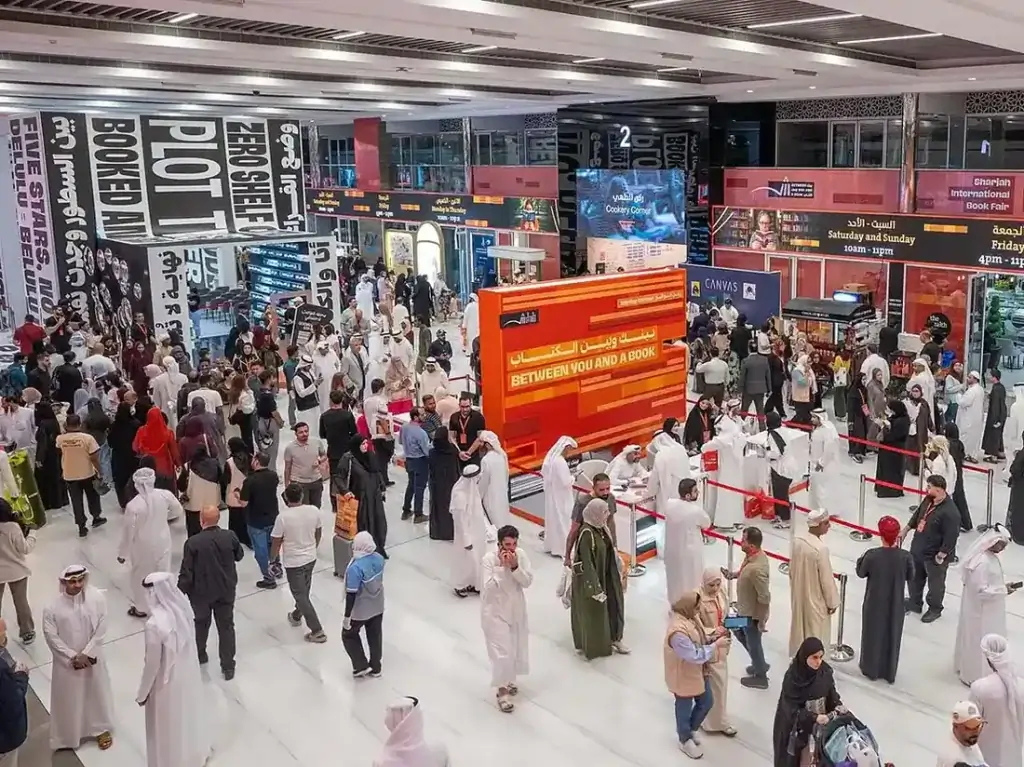
Sharjah shares borders with all other emirates and holds the title of the nation’s cultural capital. The economy focuses heavily on manufacturing, education, and publishing, offering a cost-effective alternative to Dubai. It hosts the famous Sharjah International Book Fair and numerous museums that celebrate Islamic art and history.
The emirate enforces stricter decency laws and bans alcohol, appealing to families seeking a conservative environment. Indian investors find excellent value in its industrial zones, particularly for manufacturing and logistics operations. The cost of living and doing business in Sharjah is 30-40% lower than in neighboring Dubai, making it an attractive option for businesses seeking more affordable setups.
4. Ajman: The Smallest Emirate with Big Potential
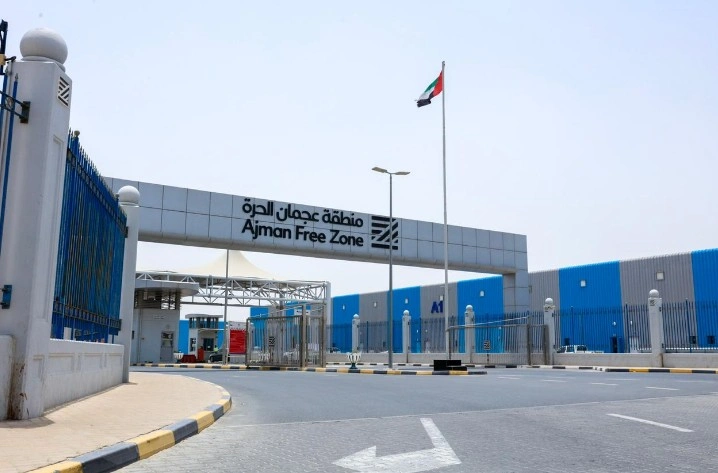
Ajman may be the smallest of the 7 emirates of the UAE, but it offers significant growth potential. Its economy relies on real estate, construction, and an expanding manufacturing sector, fueled by port activities. With its stunning coastline and relaxed lifestyle, Ajman attracts tourists looking for a quieter experience.
Ajman’s Free Zone offers some of the most affordable business setup packages in the UAE, which makes it a top choice for Small and Medium Enterprises (SMEs) and Indian startups looking to enter the UAE market without high upfront costs.
5. Umm Al-Quwain: The Eco-Tourism and Fishing Hub
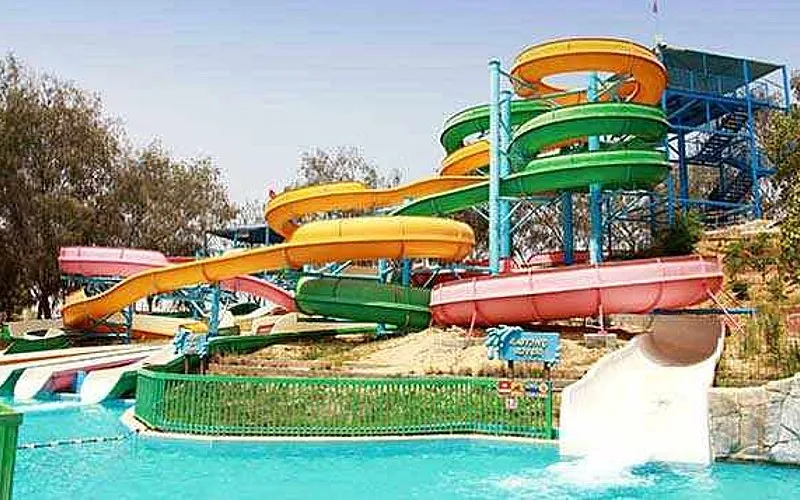
Umm Al-Quwain remains the least populated emirate, preserving a traditional lifestyle centered around fishing and agriculture. The economy here is based on fishing, pearl diving, and a growing eco-tourism sector. Its mangrove forests and Dreamland Aqua Park draw visitors looking for relaxation and natural beauty.
The Umm Al-Quwain Free Trade Zone offers affordable business opportunities, especially for Indian investors in light manufacturing and trading. The emirate’s calm lifestyle provides a peaceful alternative to the fast pace of larger cities.
6. Ras Al Khaimah (RAK): The Industrial and Adventure Hub
Ras Al Khaimah lies in the northern part of the UAE and serves as the nation’s industrial powerhouse. The economy thrives on manufacturing, ceramics, and pharmaceuticals. The emirate is also expanding in adventure tourism, with attractions like Jebel Jais, the UAE’s highest peak, offering hiking and the world’s longest zipline.
The RAKEZ Free Zone supports thousands of companies in manufacturing and trading. Indian industrialists favor Ras Al Khaimah for setting up factories, thanks to its lower costs and strategic location.
7. Fujairah: The Strategic Port on the East Coast
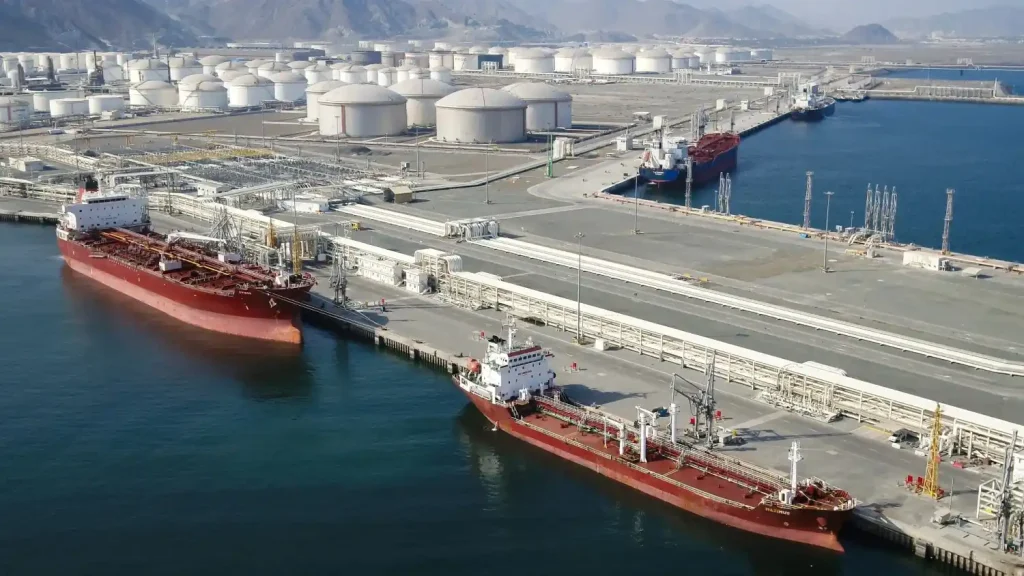
Fujairah is unique, as it is the only emirate located entirely on the eastern coast, along the Gulf of Oman. The economy focuses on shipping, oil storage, and port activities, avoiding the strategic chokepoint of the Strait of Hormuz.
The Fujairah Creative City Free Zone caters to media, consulting, and maritime businesses. Indian companies involved in shipping and logistics can benefit from Fujairah’s strategic position and low operational costs. The quiet lifestyle and scenic landscapes make it a popular place for residents working in the maritime and oil sectors.
Comparative Analysis of the 7 Emirates of the UAE
Choosing the right location for your business requires evaluating key factors like industry strengths and overall suitability for various sectors. It’s also important to consider the cost of living and other financial factors across the 7 emirates of the UAE.
Let’s take a closer look at the 7 emirates of the UAE and what each one has to offer:
| Emirate | Primary Industries | Cost of Living | Best For |
| Abu Dhabi | Oil, Energy, Culture | High | Energy, Construction, Culture |
| Dubai | Trade, Tourism, Tech | High | Startups, Trade, Finance |
| Sharjah | Industry, Culture | Medium | Manufacturing, Education |
| Ajman | Real Estate, Manufacturing | Low | SMEs, Freelancers |
| Umm Al-Quwain | Fishing, Tourism | Low | Micro-businesses, Tourism |
| Ras Al Khaimah | Industry, Ceramics | Medium | Manufacturing, Adventure |
| Fujairah | Maritime, Shipping | Medium | Logistics, Oil Storage |
Each emirate has its own advantages. Dubai excels in trading and tech startups, while Abu Dhabi is better suited for large-scale energy and construction contracts. Ajman and Ras Al Khaimah (RAK) offer significant cost advantages for manufacturing and industrial operations. On the other hand, Fujairah stands out as the best emirate for maritime and logistics businesses due to its strategic location.
Indian entrepreneurs should review the list of the 7 emirates of the UAE. They must weigh factors like rental costs, industry presence, and ease of market access when selecting the best emirate for their business. Additionally, you should consider the difference between mainland and free zone companies when choosing the right setup for their operations.
How the UAE’s Governance and Federal Structure Work?
The UAE’s political system balances power between the central government and the rulers of each of the 7 emirates of the UAE. These rulers form the Federal Supreme Council, the top legislative body, which plays a key role in shaping the country’s laws. The council elects the President and Vice President and approves federal laws that apply to the whole nation.
While federal laws cover areas like defense and foreign policy, each emirate manages its own economic and local affairs. Abu Dhabi and Dubai have significant power, holding veto rights over major decisions due to their economic and political influence. This system allows the 7 emirates of the UAE to remain united while giving each emirate the freedom to follow its own growth path.
Why is the UAE Strategically Important for Indian Entrepreneurs?
The 7 emirates of the UAE form a key link between India and the Middle East, offering a dynamic market and diverse opportunities. For Indian investors in the UAE, understanding the best emirate for business in the UAE is crucial. Whether you’re looking to set up in the UAE for business, each emirate offers unique benefits.
- Bilateral trade between India and the UAE reached $100 billion in FY 2024–25, with the CEPA agreement fueling a 33.9% year-on-year increase.
- The UAE is home to over 4.3 million Indians, making it the largest Indian expatriate community outside India.
- Indian businesses benefit greatly from free zones across the UAE, which offer tax exemptions and incentives, making the UAE an attractive destination for entrepreneurs.
- More than 90% of Indian exports now enjoy low or zero duty in the UAE, enhancing profitability.
- The CEPA agreement further strengthens economic ties, encouraging Indian traders to use the UAE as a hub for trade and commerce.
Indian professionals find the UAE a comfortable home, with cultural similarities, Indian schools, restaurants, and festivals helping ease the transition. The UAE’s 7 emirates offer immense opportunities for business and growth.
Challenges and Risks of Doing Business in the UAE
When planning to set up a business in the 7 emirates of the UAE, investors must consider both the opportunities and the risks. Each emirate offers distinct advantages, but there are also several challenges to navigate.
1. Cost of Business Setup: The cost of setting up a business varies across the 7 emirates of the UAE.
- Dubai, known for its commercial strength, has higher costs compared to Ajman or Umm Al-Quwain, which offer more affordable options for businesses.
- Ajman and Umm Al-Quwain are ideal for startups or small businesses looking to minimize costs.
2. Changing Regulations: The UAE’s laws, especially around visa and labor regulations, can change frequently.
- Businesses need to stay updated to avoid compliance issues.
- Each emirate may have different local regulations, which means understanding specific requirements for each region is crucial. For example, Sharjah enforces stricter social and cultural laws compared to Dubai.
3. Environmental Sustainability: The UAE relies heavily on desalination for its water supply, which raises long-term sustainability concerns.
- As water becomes scarcer and more expensive, businesses dependent on large water usage might face rising costs.
4. Regional Competition: The UAE is facing growing competition from neighboring Gulf countries like Saudi Arabia.
- As these markets develop, they may offer better incentives, making it harder for the UAE to attract foreign investment.
While the 7 emirates of the UAE offer immense opportunities, businesses must be mindful of these risks. By understanding the unique challenges in each emirate, investors can better navigate the market and make informed decisions.
Future Outlook for the 7 Emirates of the UAE
The UAE’s leadership has set a clear direction for the future with initiatives like Centennial 2071. The nation is steadily moving away from its reliance on oil by investing heavily in renewable energy and technology. Key sectors such as artificial intelligence, fintech, and space exploration are receiving significant government support and funding.
Infrastructure projects are rapidly expanding, connecting the 7 emirates of the UAE with advanced rail networks. These developments open new doors for Indian investors, particularly in construction, technology, and sustainable energy solutions.
The UAE is focused on positioning itself as the global leader in the future economy, innovation, and technological advancement. With these ongoing efforts, the country is creating a robust foundation for growth and offering valuable opportunities to investors from around the world.
Conclusion
The UAE offers a range of opportunities across its seven diverse emirates. Each region, from Dubai’s commercial power to Fujairah’s peaceful landscapes, provides unique advantages for Indian investors and entrepreneurs. By understanding the strengths of each emirate, Indian businesses can make informed decisions that align with their goals. With strong bilateral ties between India and the UAE, the future looks bright for continued growth and collaboration in this dynamic market.
Frequently Asked Questions
No, federal laws apply nationwide, but each emirate has its own local laws. These laws cover municipal matters, property rights, and specific business regulations. Local authorities manage laws specific to their jurisdiction and economy.



